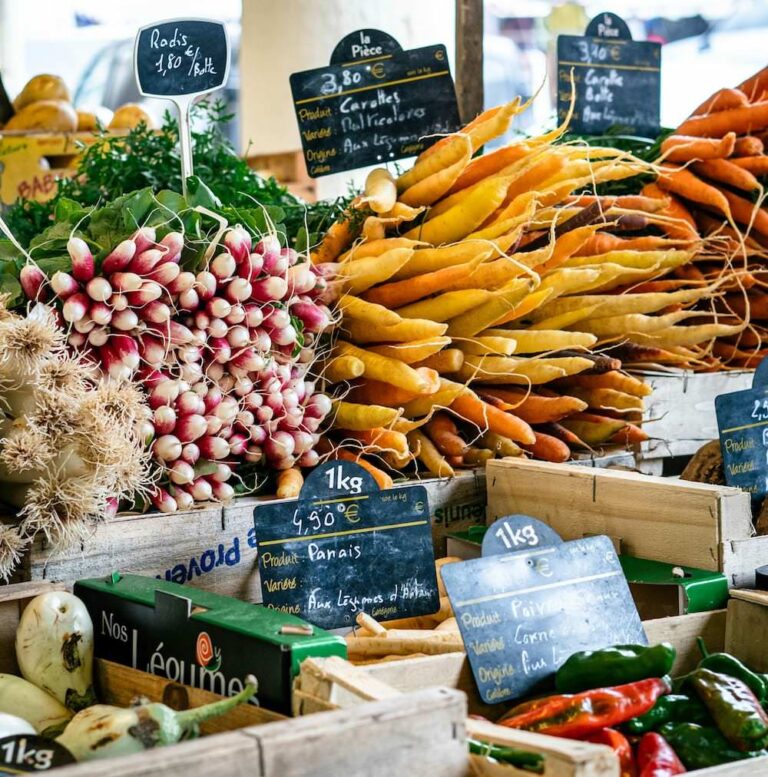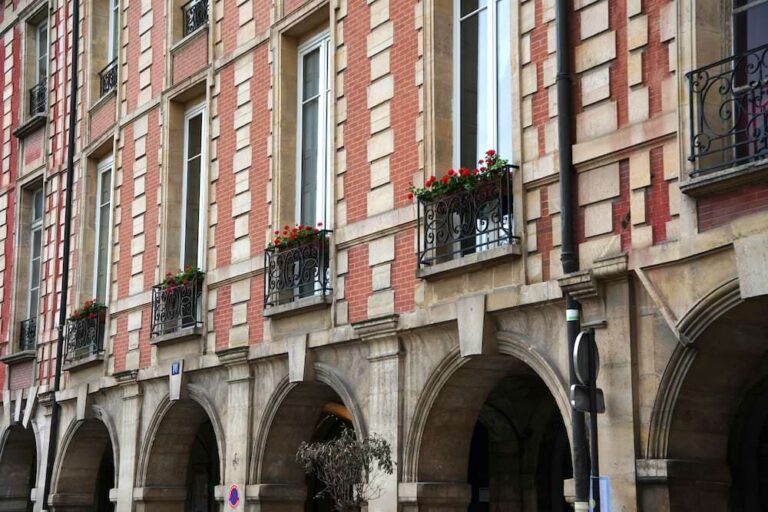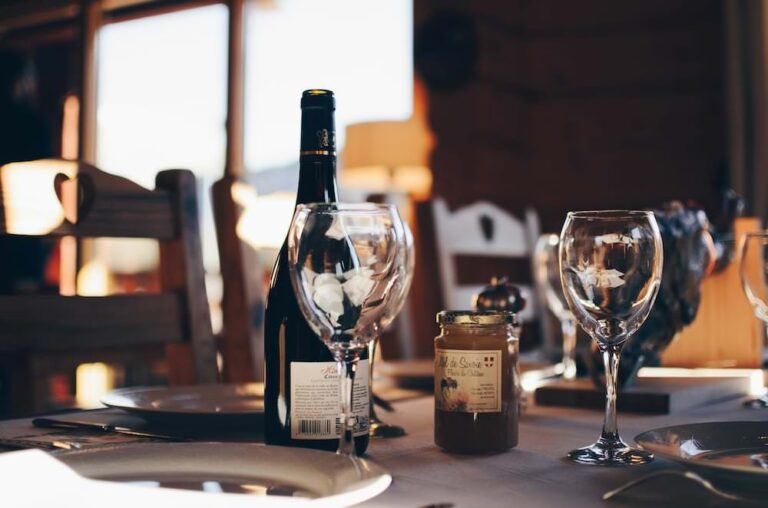balader
Meaning and Usage The verb “balader” is a versatile French verb that primarily means “to walk” or “to take a stroll,” but it can have several meanings depending on its context and usage. Most commonly, it is used in its reflexive form “se balader,” which means “to go for a walk” or “to wander around.”…









